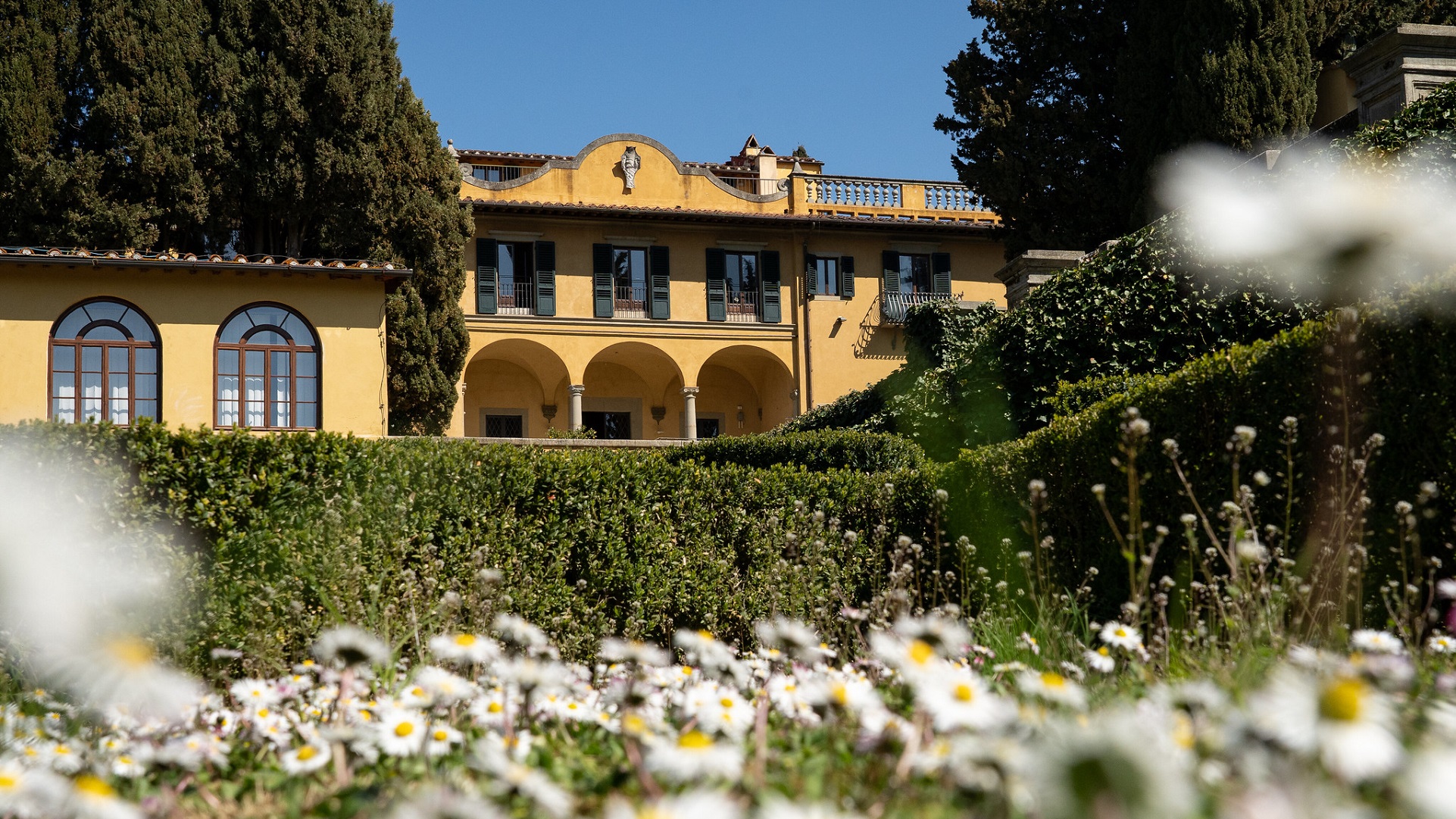Read more
In Focus
First call for papers: Global Citizenship Seminar Series 2021-2022
The Global Citizenship research strand of the Global Governance Programme (EUI/RSC) will host an informal seminar series with monthly meetings throughout the academic year 2021-22 in order to foster exchange on latest, cutting-edge research...
Informal Groups in EU Approach to Conflicts and Crises
 EU Foreign Policy Differentiation and Integration (EUDIC) addresses the occurrence of informal groups of EU Member States in EU foreign policy post-Lisbon. Thanks to the 2009 Lisbon Treaty, after decades of progressively increasing centralization among Member States, the EU should have finally obtained a coherent foreign policy and a more unified apparatus for supporting it. Yet on several occasions a restricted number of Member States, and at times EU institutions, steered EU foreign policy post-Lisbon, often by cooperating with non-EU countries in international contact groups. As this phenomenon suggests a fragmentation of the EU institutional scene, EUDIC’s main contribution will be to explain why and to what effect informal groups persisted in the post- Lisbon era. By doings so, this project will advance our understanding of EU Member States’ practices of cooperation in the post-Lisbon EU foreign policy governance. EUDIC will rely on an interdisciplinary approach, while adopting a mixed-method design. It will focus on EU approach to conflicts and crises. Within this empirical field, it will zoom-in on three sub-cases in which informal groups of EU Member States cooperated with non-EU actors in international contact groups: Kosovo – Group of Informal Dialogue on the Balkans Quint -; Libya – International Contact Group on Libya -; and Syria – Friends of Syria Group. To address leadership dynamics, it will also provide an in-depth analysis of the role of Italy. Not only has Italy strong commercial and political links with these countries, but this Member State also took part in all the groupings under consideration.
EU Foreign Policy Differentiation and Integration (EUDIC) addresses the occurrence of informal groups of EU Member States in EU foreign policy post-Lisbon. Thanks to the 2009 Lisbon Treaty, after decades of progressively increasing centralization among Member States, the EU should have finally obtained a coherent foreign policy and a more unified apparatus for supporting it. Yet on several occasions a restricted number of Member States, and at times EU institutions, steered EU foreign policy post-Lisbon, often by cooperating with non-EU countries in international contact groups. As this phenomenon suggests a fragmentation of the EU institutional scene, EUDIC’s main contribution will be to explain why and to what effect informal groups persisted in the post- Lisbon era. By doings so, this project will advance our understanding of EU Member States’ practices of cooperation in the post-Lisbon EU foreign policy governance. EUDIC will rely on an interdisciplinary approach, while adopting a mixed-method design. It will focus on EU approach to conflicts and crises. Within this empirical field, it will zoom-in on three sub-cases in which informal groups of EU Member States cooperated with non-EU actors in international contact groups: Kosovo – Group of Informal Dialogue on the Balkans Quint -; Libya – International Contact Group on Libya -; and Syria – Friends of Syria Group. To address leadership dynamics, it will also provide an in-depth analysis of the role of Italy. Not only has Italy strong commercial and political links with these countries, but this Member State also took part in all the groupings under consideration.
Project leader: Maria Giulia Amadio Vicerè
This project has received funding under the European Union’s Horizon 2020 research and innovation programme (Grant Agreement n. 892444) 
Publications
- Lecciones aprendidas y el camino a seguir, Maria Giulia Amadio Viceré for Politica Exterior, Online article, July 2023
- Global governance by the EU, Maria Giulia Amadio Viceré and Stephanie Claudia Hofmann, EUI Working paper, July 2023
- Is differentiated cooperation the way forward for EU foreign policy?, Maria Giulia Amadio Viceré and Monika Sus, LSE blog, June 2023
- EU Foreign policy integration at times of war: from short-term responses to long-term solutions, Maria Giulia Amadio Vicerè, Policy brief, December 2022
- ‘Differentiated Cooperation as the Mode of Governance in EU Foreign Policy’, Maria Giulia Amadio Vicerè and Monica Sus, Journal Article: Contemporary Security Policy, 44(1): 4-34, 2023
- ‘Informal Groupings as Types of Differentiated Cooperation in EU Foreign Policy: Evidence from Kosovo, Libya and Syria’, Maria Giulia Amadio Vicerè, Journal Article: Contemporary Security Policy, 44(1): 35-66, 2023
Multimedia
Schuman Shelf #17 | Differentiated cooperation in EU foreign policy
Ukraine, Europe and Differentiated Integration | Differentiation: Clustering Excellence (DiCE) project conference | 24-25 November 2022
As part of the integration of EUDIC with the Robert Schuman Centre’s ongoing projects, Dr. Amadio Viceré participated in the DiCE conference on ‘Ukraine, Europe and Differentiated Integration’. In particular, she joined the panel on security. The panel was chaired by Dr. Nicoletta Pirozzi (Istituto Affari Internazionali) and included also Prof. Alex Stubb (European University Institute) and Jozef Bátora (Webster Vienna Private Univeristy / Comenius University).
Webinar on ‘Italy and the Ukraine war’ | 7 July 2022
This webinar was co-organized by Dr. Maria Giulia Amadio Viceré and Professor Erik Jones, in coordination with the Italian Political Science Association (SISP) and the Conference Group on Italian Politics and Society (CONGRIPS) of the American Political Science Association (APSA)
After Professor Jones’ welcome remarks, Dr. Amadio Viceré chaired the webinar. The webinar examined the internal and external dimension of Italy’s position on the Ukraine war. First, it took stock of the reaction of Italian domestic politics and of the Italian diplomacy’s response to the war. Then, it analysed two crucial issues for Italy’s position in the EU and the international arena: the migration and refugee dimension and energy security.
Professor Lorenzo De Sio (LUISS Guido Carli), Professor Serena Giusti (Sant’Anna School of Advanced Studies), Marco Giuli (Brussels School of Governance) and Professor Michela Ceccorulli (University of Bologna) participated as speakers.
Workshop on Differentiation in EU’s foreign and security policy | 21-22 October 2021
A workshop aiming to advance the scholarly debate on differentiation in EU’s foreign and security policy by providing a comprehensive understanding of this increasingly important phenomenon, its underlying logic, manifestations, and the consequences for this policy area.


